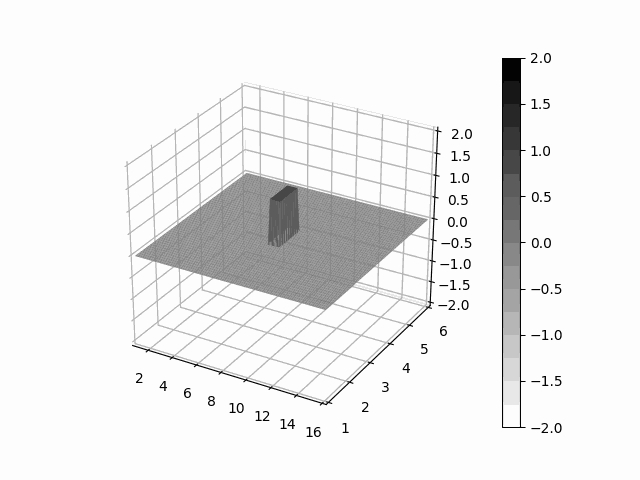Differential Privacy for Heterogeneous Federated Learning : Utility & Privacy tradeoffs
In this work, we propose an algorithm DP-SCAFFOLD(-warm), which is a new version of the so-called SCAFFOLD algorithm ( warm version : wise initialisation of parameters), to tackle heterogeneity issues under mathematical privacy constraints known as Differential Privacy (DP) in a federated learning framework. Using fine results of DP theory, we have succeeded in establishing both privacy and utility guarantees, which show the superiority of DP-SCAFFOLD over the naive algorithm DP-FedAvg. We here provide numerical experiments that confirm our analysis and prove the significance of gains of DP-SCAFFOLD especially when the number of local updates or the level of heterogeneity between users grows.
Two datasets are studied:
- a real-world dataset called
Femnist(an extended version of EMNIST dataset for federated learning), which you see the Accuracy growing with the number of communication rounds (50 local updates first and then 100 local updates)
- synthetic data called
Logisticfor logistic regression models, which you see the train loss decreasing with the number of communication rounds (50 local updates first and then 100 local updates),
Significant results are available for both of these datasets for logistic regression models.
Structure of the code
main.py: four global options are available.generate: to generate data, introduce heterogeneity, split data between users for federated learning and preprocess dataoptimum(aftergenerate): to run a phase training with unsplitted data and save the "best" empirical model in a centralized setting to properly compare rates of convergencesimulation(aftergenerateandoptimum): to run several simulations of federated learning and save the results (accuracy, loss...)plot(aftersimulation): to plot visuals
./data
Contains generators of synthetic (Logistic) and real-world (Femnist) data ( file data_generator.py), designed for a federated learning framework under some similarity parameter. Each folder contains a file data where the generated data (train and test) is stored.
./flearn
- differential_privacy : contains code to apply Gaussian mechanism (designed to add differential privacy to mini-batch stochastic gradients)
- optimizers : contains the optimization framework for each algorithm (adaptation of stochastic gradient descent)
- servers : contains the super class
Server(inserver_base.py) which is adapted to FedAvg and SCAFFOLD (algorithm from the point of view of the server) - trainmodel : contains the learning model structures
- users : contains the super class
User(inuser_base.py) which is adapted to FedAvg and SCAFFOLD ( algorithm from the point of view of any user)
./models
Stores the latest models over the training phase of federated learning.
./results
Stores several metrics of convergence for each simulation, each similarity/privacy setting and each algorithm.
Metrics (evaluated at each round of communication):
- test accuracy over all users,
- train loss over all users,
- highest norm of parameter difference (server/user) over all selected users,
- train gradient dissimilarity over all users.
Software requirements:
- To download the dependencies: pip install -r requirements.txt
References
- Code (main structure): https://github.com/ramshi236/Accelerated-Federated-Learning-Over-MAC-in-Heterogeneous-Networks
- Code (utils/autograd_hacks.py): https://github.com/cybertronai/autograd-hacks/blob/master/autograd_hacks.py
- SCAFFOLD & FedAvg paper: https://arxiv.org/abs/1910.06378
- Generation of Logistic data and introduction of heterogeneity: https://arxiv.org/abs/1812.06127
- Creation of dissimilarity for FEMNIST data: https://arxiv.org/abs/1909.06335










